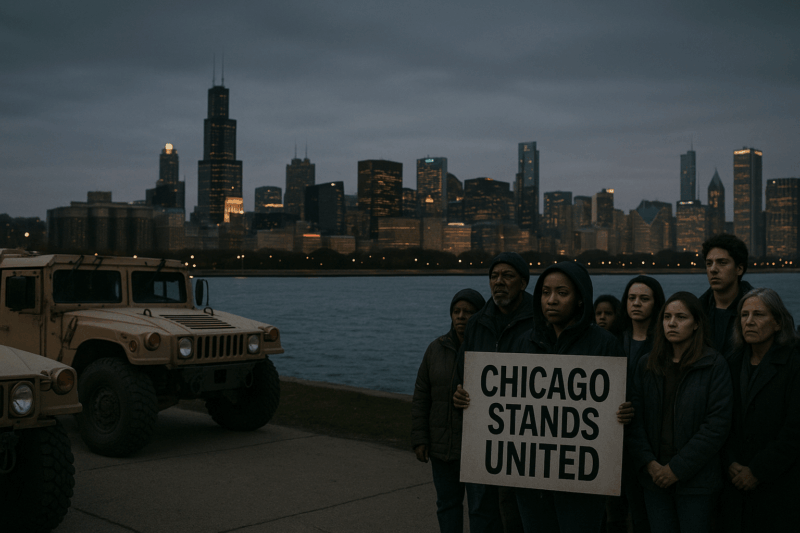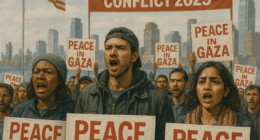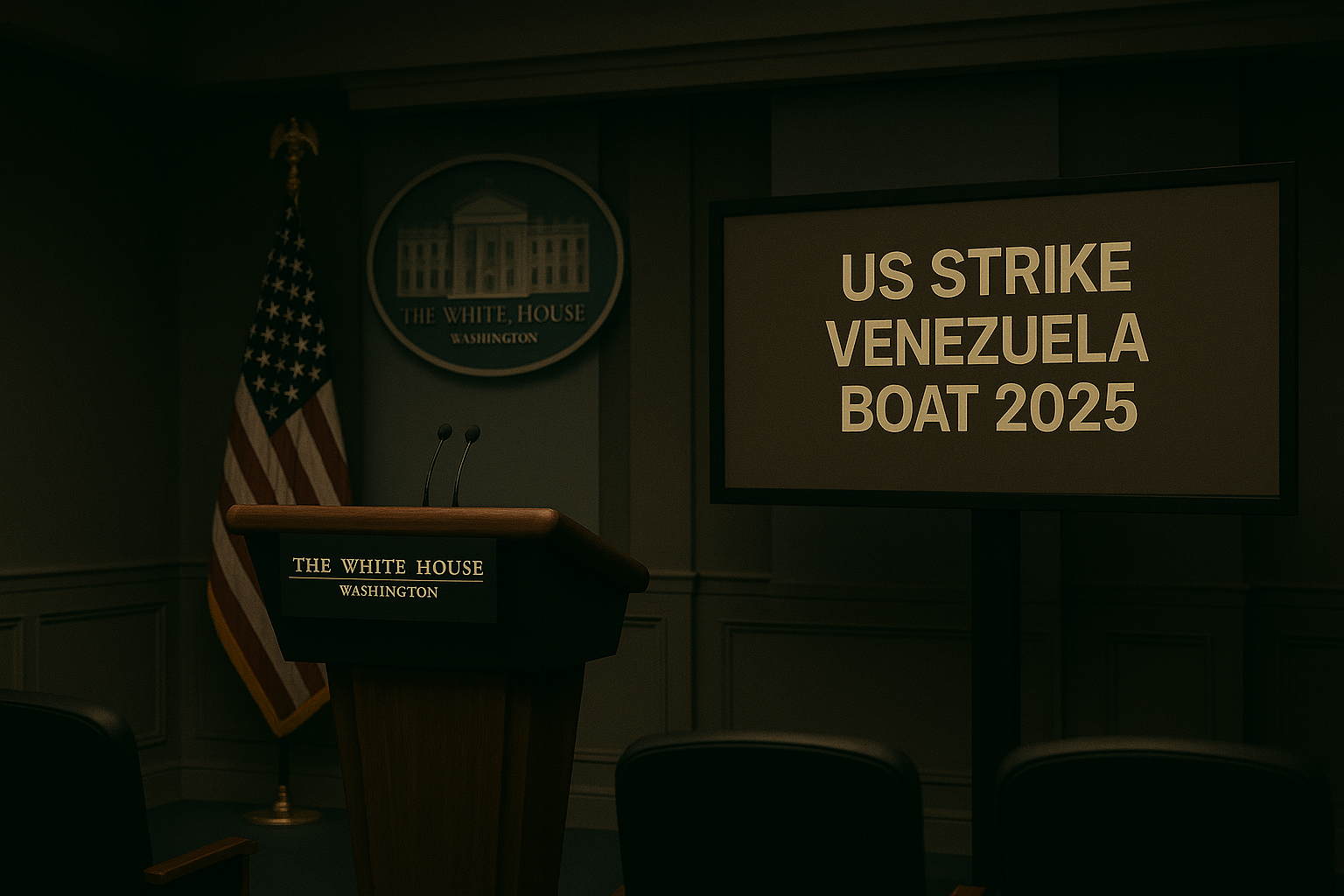Tensions Flare Over Chicago’s Future
On September 16, 2025, President Donald Trump reignited controversy by vowing to deploy the National Guard to Chicago, clashing with Illinois Gov. JB Pritzker in a heated exchange that underscores the deepening divide between state and federal leadership. Speaking on the White House lawn, Trump cited concerns from Union Pacific CEO Jim Vena, who urged him to “save Chicago” from crime. Pritzker, a vocal Trump critic, dismissed the president’s threats as erratic, suggesting they reflect “dementia” and questioning their credibility. As Chicago grapples with its challenges, this standoff raises fears of federal overreach and a potential legal battle.
The Human Stakes in Chicago
Chicagoans are caught in the crossfire of this political feud. Residents, business owners, and community leaders have long navigated the city’s complex issues, including crime, which Trump exaggerated by claiming the city loses “six or seven people a week” to murder. In reality, Chicago Police Department data shows a decline in homicides in 2025 compared to previous years. For locals, Trump’s rhetoric feels like an affront to their resilience, while Pritzker’s sharp retort reflects the frustration of a city tired of being a political punching bag. The prospect of National Guard deployment evokes memories of past tensions, leaving communities anxious about what’s next.
Facts and Figures: The Dispute Unpacked
Trump’s latest threat, made on September 16, 2025, follows weeks of wavering on deploying the National Guard to Chicago. He referenced a conversation with Vena, who described Chicago as “dying” and urged federal intervention. Trump pointed to his recent mobilization of the Guard and a federal task force in Memphis, Tennessee, with Gov. Bill Lee’s support, as a model. However, a federal judge’s ruling in San Francisco in June 2025 deemed Trump’s similar deployment in Los Angeles illegal under the 1878 Posse Comitatus Act, which limits military involvement in domestic affairs. Pritzker has vowed to challenge any Chicago deployment legally, citing state sovereignty.
The Broader Context: Power and Politics
Trump’s push to federalize law enforcement aligns with his broader “law-and-order” narrative ahead of the 2026 midterm elections. His administration’s “Operation Midwest Blitz,” launched a week prior, intensified immigration enforcement, with Pritzker alleging it’s a pretext to provoke unrest and justify military action. Critics, including the ACLU in Memphis, have condemned similar moves as fearmongering and a return to “regressive policing.” Meanwhile, the White House touts these actions as “bold” steps to curb violence, citing support from Memphis business owners. Chicago’s situation, however, is complicated by Pritzker’s opposition, setting the stage for a constitutional showdown.
Legal and Ethical Concerns
The Posse Comitatus Act limits federal military involvement in domestic law enforcement, making Trump’s threats legally contentious. Pritzker’s accusation that Immigration and Customs Enforcement (ICE) raids are designed to “cause mayhem” highlights fears of manufactured crises. The ACLU’s critique of Trump’s Memphis deployment as a power grab resonates in Chicago, where residents worry about militarization undermining local governance.
What Lies Ahead: A City at a Crossroads
Chicago’s future hinges on whether Trump follows through on his threats and how Pritzker responds. A legal battle could redefine state-federal relations, while heightened ICE activity risks escalating tensions on the ground. For Chicagoans, the focus remains on addressing root causes like poverty and inequity, not militarized solutions. The city’s resilience will be tested as it navigates this political storm, with broader implications for urban governance nationwide.
A Call for Reason Amid Rhetoric
Trump’s Chicago National Guard threats and Pritzker’s sharp rebuke reflect a nation grappling with division. As Chicago strives to build safer communities, both leaders must prioritize dialogue over provocation. The city’s heart beats strong, and its people deserve solutions, not standoffs.






